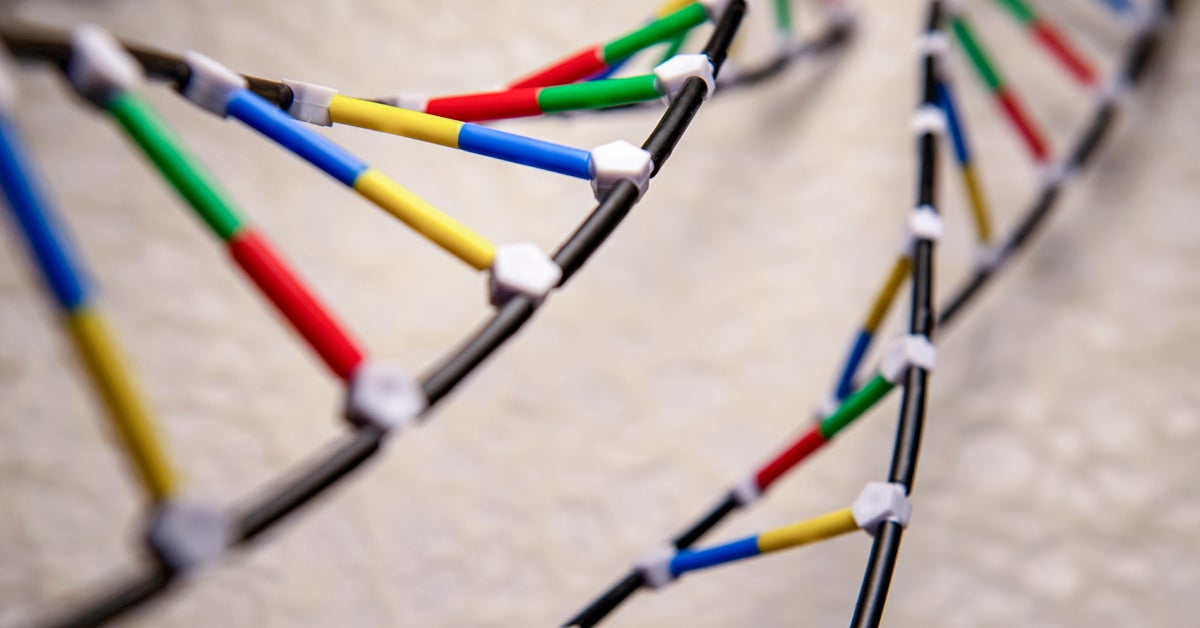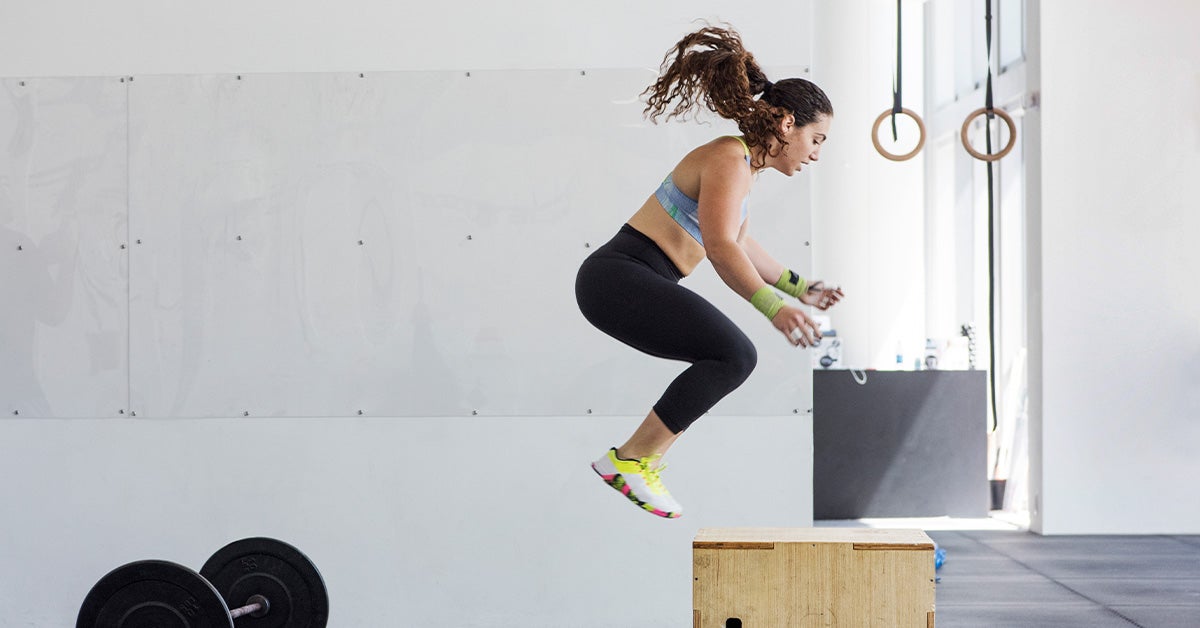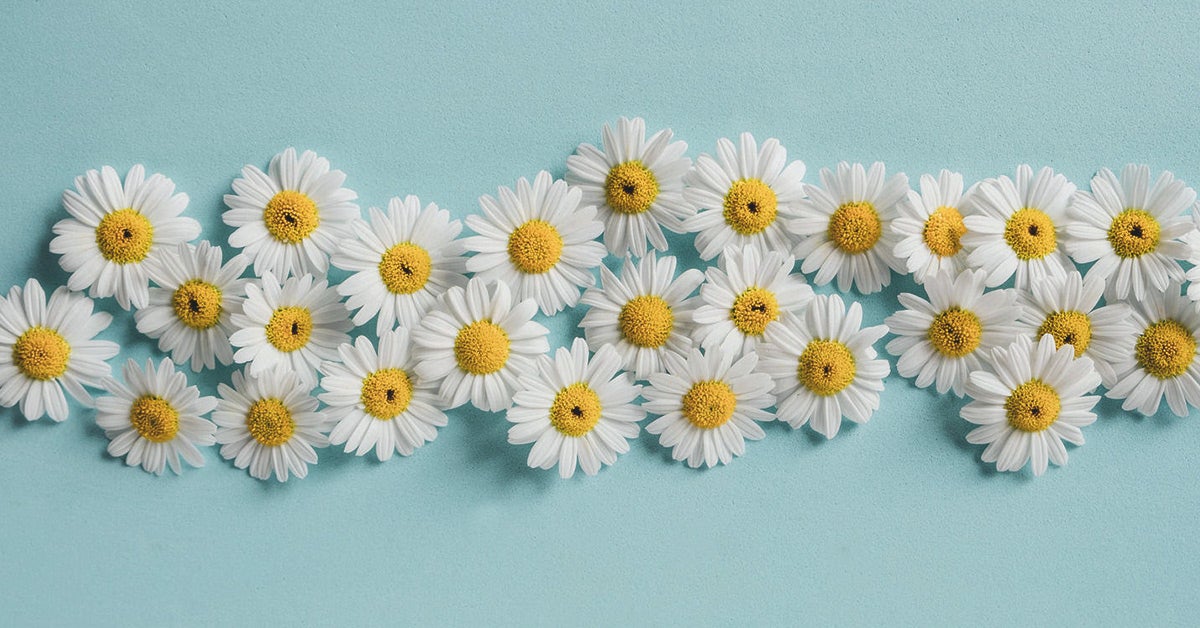Aloe Vera for Dandruff: Does It Work?

If you buy something through a link on this page, we may earn a small commission. How this works.
Dandruff is a common skin condition that causes your scalp to itch and flake. If you have dandruff, you might notice white flakes of skin on your hair and clothes, and your scalp may feel itchy at times, particularly in cold or dry weather.
Living with chronic dandruff can be frustrating. Although dandruff doesn't typically cause any serious side effects, the persistent itching may cause discomfort or lead to inflammation if you scratch too much.
Worrying about whether other people can see dandruff flakes on your hair and clothes can also cause stress and affect your quality of life.
If you have dandruff, there are many different treatments that might help. Dandruff treatments range from medicated shampoos to natural remedies, such as aloe vera. Not every treatment works well for everyone, and you may need to try a few different ones before you find one that works for you.
This article will take a closer look at how to use aloe vera to help treat dandruff — as well as other natural remedies that may help get rid of those annoying flakes.
If you're familiar with aloe vera, you probably know it best for its primary use: treatment of burns and minor wounds. The gel inside the long, spiky leaves of this succulent feels cool when used on the skin. This helps to soothe inflammation and relieve pain associated with burns.
Aloe vera gel also contains vitamins, minerals, amino acids, and other components that promote healing. Due to these properties, aloe vera has been used for hundreds of years for a variety of purposes other than wound healing.
Recent research has shown that aloe vera may help with:
- heartburn relief
- digestion
- type 2 diabetes
- skin care
According to other studies, aloe vera may also be an effective treatment for seborrheic dermatitis, the condition that causes dandruff.
- One small, dated study found that participants who were treated with aloe vera had a significant reduction in itchiness, scaliness, and the size of the area affected by their dandruff.
- Another more recent study that focused on seborrheic dermatitis on the face found that treatment with aloe vera gel resulted in an 80 percent improvement in symptoms in almost half of all participants. No worsening of symptoms was reported.
However, further studies need to be done to learn more about the effects of aloe vera on dandruff and how exactly it works to treat the condition.
How aloe vera might help fight dandruff
Based on what scientific evidence has discovered about aloe vera and its unique properties, this succulent is thought to help with dandruff due to its:
- moisturizing effect on dry skin
- anti-inflammatory actions that may help reduce irritation
- enzymes that may help reduce inflammation when applied to the skin
- antioxidant properties that can prevent cell damage
Aloe vera may not be as effective for severe dandruff. If your dandruff is severe or your scalp is very inflamed, you may want to check with your healthcare provider before using aloe vera.
You can harvest your own aloe vera gel from the leaves if you have an aloe vera plant. Some grocery stores also sell aloe vera leaves. Alternatively, you can purchase aloe vera gel online or in a drugstore.
To extract the gel from the leaves, follow these steps:
- Use a sharp or serrated knife to cut a green leaf from the plant.
- Hold the leaf upright (with the cut side facing down) and allow the yellow fluid to drip out. You can leave it in a cup or jar until it drains. You won't need this to treat dandruff, but it does have other uses.
- Carefully cut away the top layer of the leaf. You'll see the aloe vera gel underneath.
- Trim away the edges of the aloe vera leaf.
- Use a knife, spoon, or other kitchen implement to scrape the gel away from the remaining layer of plant leaf.
You may find it easier to cut the leaf into sections before trimming away the outside leaves. There isn't one right way to do this, so find a safe method that works for you.
Once you have harvested your aloe vera gel, you can store it in a sealed container in the refrigerator for about a week. You can also freeze it to keep it fresh.
You can apply aloe vera gel before or after shampooing by following these steps:
- Gently apply the gel to your head, underneath your hair.
- Let the gel sit for 30 minutes to an hour.
- Use a mild shampoo to rinse the gel off your scalp.
- Repeat this process 2 to 3 times a week, or as recommended by your healthcare provider.
If you use aloe vera on your hair regularly, you might notice a filmy buildup. This won't hurt your hair. In fact, some people even use aloe vera gel to help condition their hair after shampooing.
Aloe vera gel is generally considered safe, but some people may have an allergic reaction to the plant.
If you're using aloe vera for the first time, you may first want to apply a small amount of gel to the inside of your elbow or wrist for a patch test.
If you have an allergy to it, you'll likely notice a reaction, like redness, itchiness, or burning, within a few hours. If you're allergic to onions or garlic, you may also be allergic to aloe vera.
If you do have an allergy to aloe vera, it's important not to use it on your scalp. The gel could make your dandruff worse.
Aloe vera may increase your skin's absorption of hydrocortisone and other steroid creams. If you plan to use hydrocortisone and aloe vera in the same area, check with a doctor first.
Other medications that may interact with aloe vera include:
- digoxin and digitoxin (drugs that treat heart problems)
- furosemide (a drug that treats fluid retention)
- insulin
- drugs that lower blood sugar
If you live in a fairly dry, warm climate, you may have an aloe vera plant growing in your garden, or you may know someone who has one.
Some grocery stores or natural food stores also sell aloe vera leaves. Extracting the gel yourself is the best way to ensure the gel is pure and not mixed with other ingredients.
If you don't have access to an aloe vera plant, or don't want to harvest the gel from the leaves yourself, you can purchase aloe vera gel online or at your local drugstore.
If you plan to buy aloe vera gel, keep in mind that these products may contain added ingredients such as lavender, thickeners, or medications like lidocaine. These ingredients may not help your dandruff, so try to choose a gel with as few added ingredients as possible.
Several types of medicated shampoos can help relieve dandruff. But if you would prefer to try a natural remedy, and aloe vera doesn't work for you, you may want to look at the following options.
Tea tree oil
Tea tree oil has antifungal properties that can help treat dandruff and other skin conditions. In one older study, participants who used shampoo that contained 5 percent tea tree oil saw significant improvements in their dandruff after just four weeks.
Probiotics
Research from 2009 suggests that probiotics may improve dandruff and other skin conditions by helping decrease skin sensitivity and promoting skin immune health.
A more recent study from 2017 looked at 60 men with dandruff. Those who took a probiotic for almost two months saw improvements in their dandruff symptoms.
Baking soda
Like aloe vera, baking soda can also act as an antifungal. So along with itch relief, baking soda may help remove dandruff flakes and help prevent further scaling.
Long-term use of baking soda on your hair can damage it, so it's best to use baking soda for temporary relief only.
Stress relief
If you live with dandruff, you may notice that your symptoms get worse during times of stress. Dandruff doesn't happen because of stress, but stress can increase scalp itchiness and dryness. Some research also suggests it can trigger flare-ups.
It's not always possible to eliminate stress from your life, but dealing with stress in productive and helpful ways can help reduce its effects.
To help combat the effects of stress, you may want to consider:
- meditation, yoga, or breathing exercises
- doing some form of exercise for 30 minutes a day
- spending time with loved ones or pets
- journaling, by writing down your feelings and thoughts
- relaxing with your favorite hobby or activity
- talking to a therapist
Aloe vera has been used for medicinal purposes among many cultures for centuries. Although it is best known as a treatment for burns and wound care, research has shown that it may have many other benefits.
Although more studies need to be done, preliminary research seems to show that aloe vera may have properties that can help with dandruff relief.
While aloe vera is safe for most people, it is possible to have an allergy or skin reaction to it. Make sure to do a patch test before using aloe vera for the first time.
Talk to your doctor if you've used aloe vera for a few weeks and don't see any improvement. Not all treatments work for everyone, so you may get more relief with another remedy or with a medicated dandruff shampoo.
-
 6 interesting genetic traits that children will inherit from their parents
6 interesting genetic traits that children will inherit from their parents
-
 7 effects of asparagus on child development
7 effects of asparagus on child development
-
 Does cutting blood hair for babies bring good luck?
Does cutting blood hair for babies bring good luck?
-
 The more babies eat, the higher the height they develop, especially the second kind
The more babies eat, the higher the height they develop, especially the second kind
-
 Children with chicken pox should eat to quickly recover from the disease, without leaving a deep scar?
Children with chicken pox should eat to quickly recover from the disease, without leaving a deep scar?
-
 The more food is cooked, the better it can be for health, especially the second type
The more food is cooked, the better it can be for health, especially the second type
-
 What Is DNA? Structure, Function, Pictures & Facts
What Is DNA? Structure, Function, Pictures & Facts
-
 Metabolic Conditioning: Instructions, Examples, Pros, and Cons
Metabolic Conditioning: Instructions, Examples, Pros, and Cons
-
 Chamomile Oil Benefits, How to Use, and Side Effects
Chamomile Oil Benefits, How to Use, and Side Effects
-
 How to Improve Reaction Time: Tips for Gaming and Other Sports
How to Improve Reaction Time: Tips for Gaming and Other Sports
-
 My Tips for Great Sex After 50
My Tips for Great Sex After 50
-
 5 dishes make fatty liver, many Vietnamese still eat everyday without even knowing it
5 dishes make fatty liver, many Vietnamese still eat everyday without even knowing it































